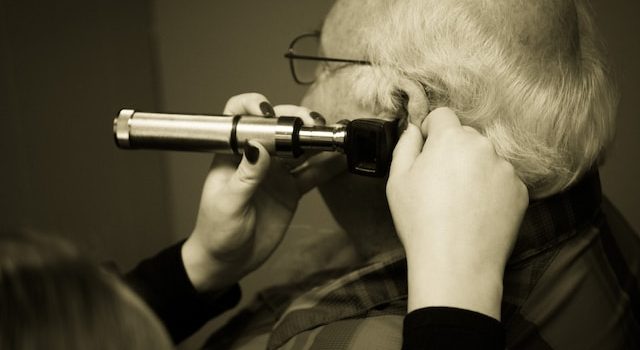
For children with deafness communication disorder, early intervention can be a transformative journey that unlocks their full potential. By providing timely support, access to specialized resources, and a nurturing environment, we can empower these young minds to thrive and navigate the world of communication with confidence. In this article, we delve into the profound impact of early intervention on children with deafness communication disorder, highlighting the importance of early identification and comprehensive support.
Early intervention, when applied to children with deafness, refers to the range of services and strategies implemented during the critical early years of development. From infancy through preschool, this period is crucial for language acquisition, cognitive growth, and social-emotional development. By identifying and addressing communication challenges at an early stage, we can mitigate potential setbacks and maximize the child’s abilities.
One of the fundamental pillars of early intervention is early identification. Through newborn hearing screening programs, infants are tested for hearing loss shortly after birth. Prompt identification allows for timely interventions, ensuring that children with deafness can access specialized services and support early on. Early identification also provides an opportunity for families to connect with a network of professionals, including audiologists, speech-language pathologists, and educators, who work collaboratively to create tailored intervention plans.
Language development is a key area of focus in early intervention. For children with deafness, sign language plays a vital role in fostering communication skills. Exposure to sign language from an early age lays a strong foundation for language acquisition, enabling children to express their needs, thoughts, and emotions. Simultaneously, early intervention programs often incorporate speech therapy and auditory training, aiming to maximize the child’s access to spoken language and optimize their potential for oral communication.
The impact of early intervention extends beyond language development. It encompasses various domains, including cognitive skills, social-emotional well-being, and overall educational success. Early intervention programs provide a nurturing environment where children can explore their strengths, develop self-esteem, and interact with peers. This social interaction is invaluable, fostering important social skills and a sense of belonging.
Research consistently highlights the positive outcomes of early intervention for children with deafness. Studies have shown that children who receive comprehensive support from an early age demonstrate improved language skills, academic performance, and overall cognitive abilities. Early intervention also reduces the likelihood of developmental delays and behavioral challenges, ensuring that children can reach their full potential and thrive in their educational and personal journeys.
Furthermore, early intervention not only benefits the child but also supports families in navigating the unique challenges associated with deafness communication disorder. Parental involvement and guidance are essential components of early intervention programs, empowering families to understand their child’s needs, develop effective communication strategies, and access support networks. This holistic approach acknowledges the significant role that families play in the child’s development and promotes a collaborative partnership between professionals and parents.
As journalists, it is our responsibility to accurately report on the impact of early intervention for children with deafness communication disorder. Thorough research, fact-checking, and interviews with experts in the field ensure that the information we provide is reliable and up-to-date. Additionally, featuring personal stories and experiences can highlight the transformative power of early intervention, inspiring others and fostering greater understanding and support.
In conclusion, early intervention holds the key to unlocking the potential of children with deafness communication disorder. By identifying challenges early on and providing comprehensive support, we empower these young minds to thrive and reach their full potential. Through early intervention, we create a nurturing environment where children can develop language skills, cognitive abilities, and social-emotional well-being. Let us recognize the profound impact of early intervention and advocate for increased access to specialized resources, ensuring that every child with deafness has the opportunity to flourish.










